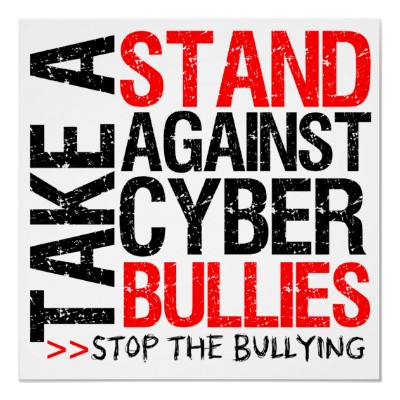Introduction:
In today’s age dominated by media and online interactions the rise, in cyberbullying has sparked worries due to its potentially devastating impact on individuals. While the mental repercussions of cyberbullying are well documented the connection between cyberbullying and suicide stands out as a heart wrenching outcome. This article delves into the reality of this association shedding light on the stories of individuals who have taken their lives because of cyberbullying and underscoring the broader implications, for our society.

Exploring Cyberbullying:

Cyberbullying involves actions, like intimidation, menacing, embarrassment and sharing gossip or inaccurate details all carried out via channels such, as social media messaging applications and internet forums. Unlike old school bullying methods cyberbullying can happen round the clock impacting its targets within the supposed security of their residences and frequently amplifying sensations of solitude and vulnerability.
The Toll on Mental Health Studies have repeatedly demonstrated the detrimental consequences that cyberbullying may have on victims’ mental health, including elevated rates of anxiety, sadness, low self-esteem, and even post-traumatic stress disorder (PTSD). Because online harassment is so persistent, it can worsen depressing and hopeless emotions, making it harder for victims of cyberbullies to deal with the emotional pain they cause.

Death by Suicide as a Tragic Consequence:
Unfortunately, some cyberbullying victims experience such intense emotional suffering that they consider or actually try suicide as a way to cope. Though evidence indicates that cyberbullying can be a contributing factor, especially among adolescents who may be more susceptible to the impacts of online harassment, suicide is a complicated phenomenon influenced by many factors, including mental illness, trauma, and social support.
Cyberbullying and suicide are related in a way that raises many complicated and alarming questions. Although suicide is a complex occurrence with many contributing elements, studies have indicated that cyberbullying can intensify depressive, hopeless, and lonely feelings, pushing vulnerable people over the brink. Sadly, some people have given in to the constant onslaught of cyberbullying and taken their own lives rather than put up with the agony.

Case Studies: Tales of Suffering:
Following these fatalities, concerns are raised regarding the moral and legal obligations of internet service providers and social media companies to combat cyberbullying. Some advocate for stricter laws and increased accountability to stop cyberbullying, while others warn against restricting free expression or placing undue pressure on digital corporations.
Approaches to combat cyberbullying bring up difficult moral and legal issues. Even while there are more laws and procedures designed to stop online harassment than ever before, it can still be difficult to enforce them, especially when there are jurisdictional concerns or anonymous offenders involved. Furthermore, it is more difficult to control harmful behavior without violating fundamental rights when it comes to issues of free speech and the limits of online expression.
Methods of Intervention and Prevention:
Cyberbullying must be stopped via a multifaceted approach that combines teaching, awareness-raising, and intervention tactics aimed at building empathy, resilience, and appropriate online conduct. Schools, parents, and community organizations are crucial in providing supporting environments and aiding those affected by cyberbullying.
A complex strategy involving parents, schools, legislators, and tech corporations is needed to prevent cyberbullying. Encouraging empathy, resilience, and internet literacy can enable people to identify and successfully respond to cyberbullying. Furthermore, promoting an inclusive, respectful, and compassionate society both online and offline helps lessen the incidence of cyberbullying and its negative effects on weaker people.
Mental Processes:
Cyberbullying can create a sense of captivity and despair in its victims by intensifying their feelings of helplessness, shame, and isolation. Victims’ resilience and feeling of self-worth can be undermined by the unsparing stream of negative messages, which makes them more susceptible to suicide thoughts and actions.
Cyberbullying victims may suffer severe psychological consequences that impair their mental health, sense of value, and self-worth. Because of the anonymity provided by online platforms, offenders may be more willing to act in ways that they may not otherwise in person, which can worsen the pain victims endure.
Conclusion:
In conclusion, the terrible link between cyberbullying and suicide serves as a sobering reminder of the serious harm that may be caused by online harassment to people’s lives. As this disease spreads, we must move swiftly to stop cyberbullying in all of its manifestations, safeguard the weakest members of our community, and foster an environment of compassion and decency in our online interactions. We can make online environments safer and more welcoming for everyone if we band together to fight cyberbullying.
- All Posts
- Uncategorized

Dr. Daniel Davidson, MD, MBA Introduction: The goal of success for businesses nowadays is to establish a global brand because…

Dr. Daniel Davidson, MD, MBA Introduction: Stem cells have captivated the imagination of scientists and the public alike for their…

Dr. Daniel Davidson, MD, MBA Introduction: Platelet-rich plasma (PRP), fat grafting, and dermal fillers made from natural sources are examples…
